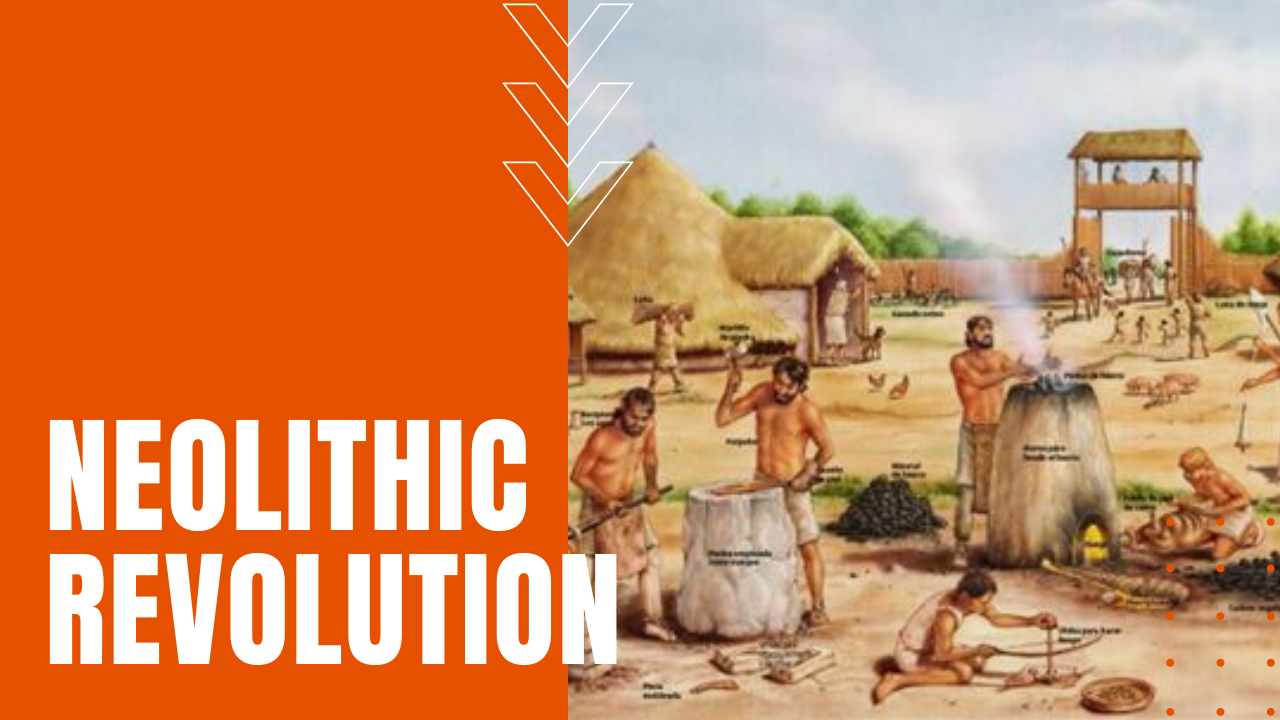Neolithic Period of Societal Progress in Human History

When Was the Neolithic Period?
Considered the last stage of the New Stone Age, the Neolithic period saw a revolutionary shift in early human history, from small bands of hunter-gatherers to the development of agriculture and animal husbandry, which developed at different times around the world from 9,000 to 2,000 BCE.
Neolithic Era Domestication
While the advent of agriculture brought with it increased food security to early man, the development also affected the way human societies were organized, as well as how the earth was used, including deforestation and the cultivation of root and grain crops that could be stored for long periods of time.
Farming techniques improved as well, including plowing by man and animal power, irrigation systems and food storage techniques. With higher and more reliable food stocks secured, population densities began to rise, leading to a gradual shift from small villages and towns to much larger city-states.
The Neolithic Period’s Need For Defense
By adopting a sedentary way of life, Neolithic man saw an increase in both trade and territoriality, which further led to the development of weapons designed for use in human on human violence. Neolithic cities such as Jericho saw the development of defensive walls and ditches, further attesting to the rise of inter-communal conflicts.
The rise of city-states also ushered in many new forms of social organization, including specialized craftsmen, as well as early forms of government officials involved in the management of food storage facilities, as well as the allocation of food resources among a given city’s residents.
The Neolithic Period ended when copper metallurgy was first introduced around 500 BCE, marking the beginning of the Chalcolithic Age. When humans began to smelt both copper and tin together, which made for a greater hardness than copper alone, the development of more sophisticated weapons of war brought an end to the Neolithic Period of early man, ushering in the birth of the Bronze Age around 350 BCE.
